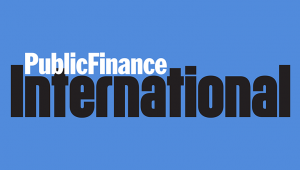San Marino, located within Italy, is one of the world’s oldest republics. Following the agreement, EU member states and San Marino will automatically exchange information on the financial accounts of one another’s residents.
Pierre Moscovici, EU commissioner for economic and financial affairs, taxation and customs, said the agreement is an “excellent example of the new norms for global transparency on tax issues”.
“Both the EU and San Marino have shown that concrete action can and will be taken in the fight against tax avoidance and tax evasion,” he said.
The deal will see member states receive the names, addresses, tax identification numbers and dates of birth of their residents who hold accounts in San Marino, as well as other financial and account balance information, and vice versa.
The commission said that this will help authorities identify tax evaders while also acting as a deterrent for those looking to hide income and assets abroad, resulting in a fairer distribution of the tax burden for citizens.
It falls in line with the new standards on automatic exchange of information put forward by the OECD as part of an overhaul of the global tax architecture.
The EU signed similar agreements with Switzerland and Liechtenstein earlier this year and is working towards deals with Andorra and Monaco.
Yesterday, the European Council also adopted a directive aimed at improving transparency on tax rulings – an assurance given by authorities to corporations on how certain aspects of their taxation will be dealt with.
Some tax rulings have been found to be unlawful, such as those granted to Starbucks and Fiat by the Netherlands and Luxembourg respectively. The latter’s tax ruling with McDonalds is also currently under investigation.
The directive will require member states to automatically exchange information on advance cross-border tax rulings and pricing arrangements. Member states will also be able to request more information where appropriate.
The information will be stored in a secure central directory, accessible to all member states and when necessary to the commission.
The directive is also in accordance with recommendations finalised by the OECD this October.













